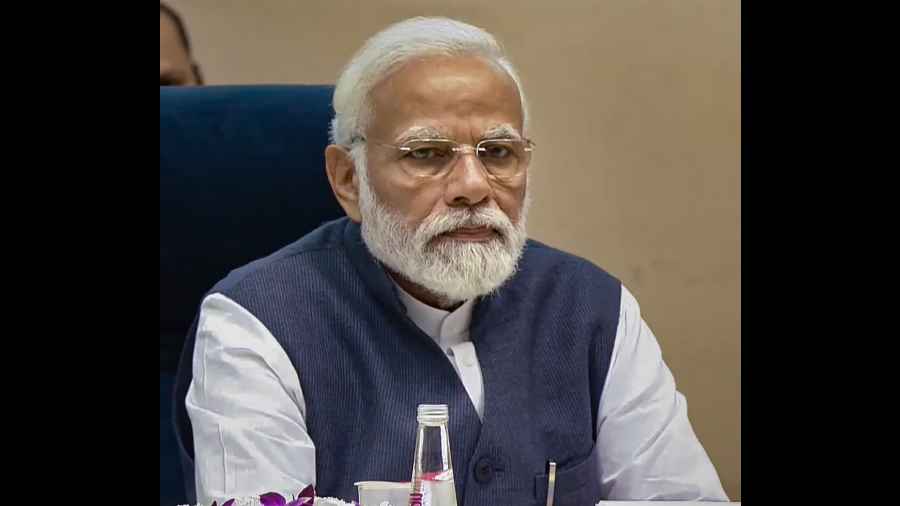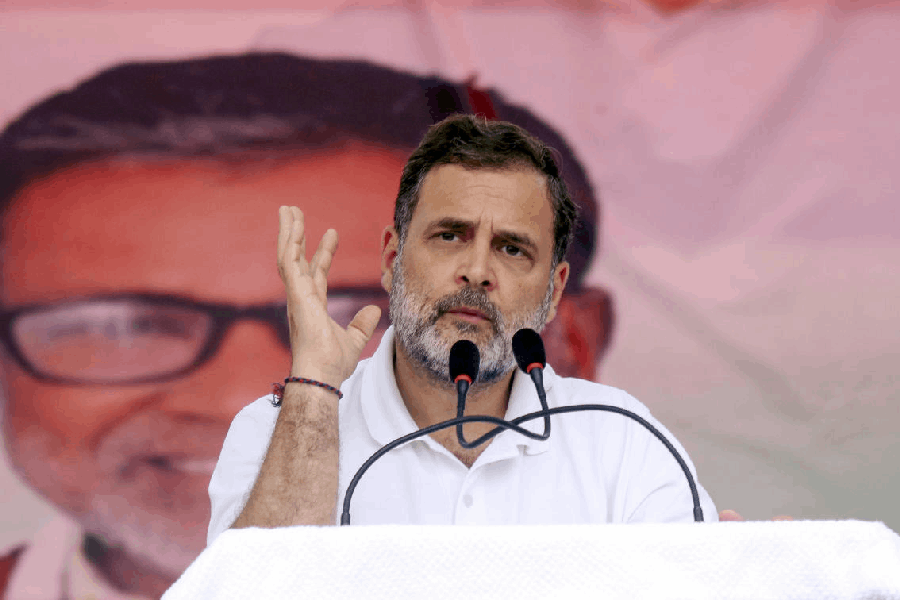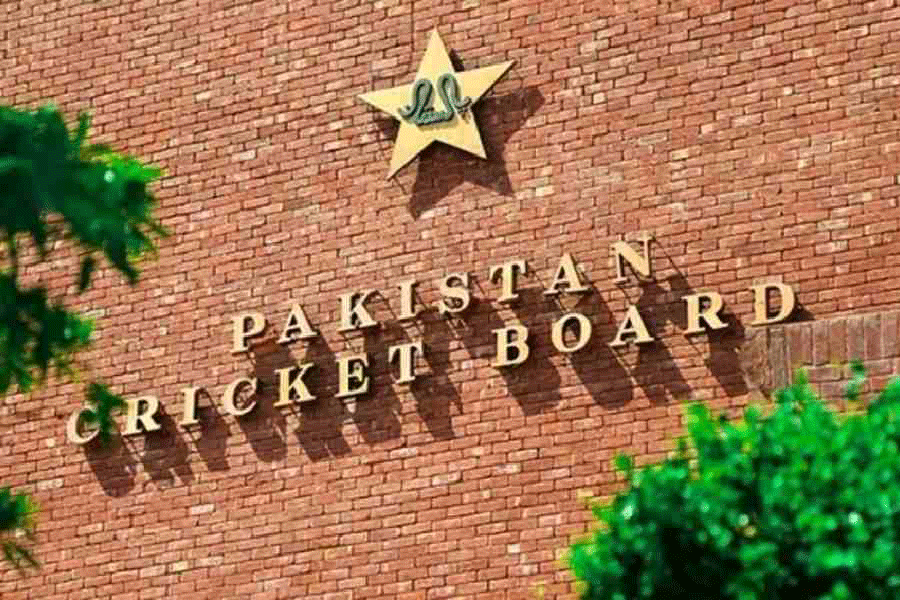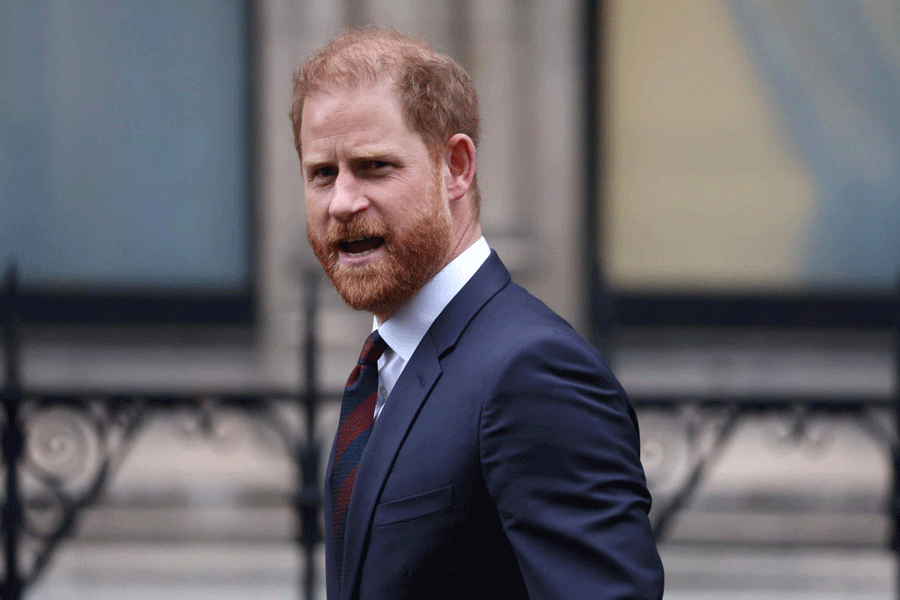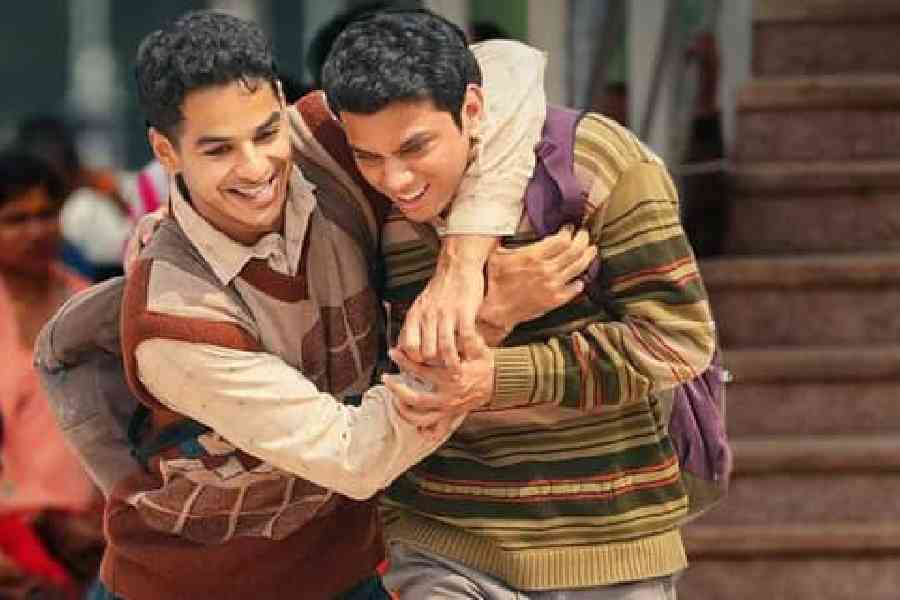Has the Bharatiya Janata Party really won the hearts and minds of the Northeast, the former bastion of the Congress? The party is in power in four states. In the three remaining states too, the party claims to be in power, not by winning electoral majorities but by forging alliances with the winners — regional parties — for now.
It speaks volumes about the BJP’s ideological character that its imprint remains weakest in the three Christian states of Mizoram (it has just one Buddhist Chakma MLA), Meghalaya (2 MLAs), and Nagaland (12 MLAs). This contrasts, for instance, with the Congress which has won or lost majority votes in all northeastern states several times but never saw resistance to it along religious lines.
The electorates in these Christian states have not accepted the BJP in any substantial way. What then compels the winning regional parties to still share power with the BJP given that the latter has a negligible number of MLAs in these assemblies? The answer probably lies in the endemic psychology of insecurity, which has led most northeastern states to locate themselves in a patron-client relationship with New Delhi, making them believe that their welfare depends on the patronage of the party in power at the Centre.
These alliances are far from ideological; they are transactional. If there were to be a change of guard in New Delhi, party alliances in the Northeast too would begin to transform. This is not just true of the Christian states but also others like Arunachal Pradesh and Manipur, which are known for the ‘migration’ of legislators towards power centres. In Assam and Tripura, the first terms of the BJP governments were mandated by electoral victories. In Arunachal Pradesh and Manipur, the first avatars of the BJP governments were virtually the Congress in a new bottle, made possible by large-scale defections with liberal help from the respective governors. In their second terms, however, the BJP retained these four states comfortably by going to the elections as the ruling party and bolstered by the clout that it was also in power at the Centre.
The February 2023 elections to the three northeastern states, the results of which were declared on March 2, also have interesting insights to offer. The only state the BJP won clearly with little support from its local ally, the Indigenous People’s Front of Tripura, was Tripura. In the House of 60, the BJP was returned with32 seats and the IPFT with only 1. Their tallies, however, were four and seven short, respectively, from those in the last elections.
In Meghalaya and Nagaland, the party managed only 2 and 12 seats; the figures were unchanged from the last elections. In Nagaland, the BJP’s respectable tally is largely due to a seat-sharing arrangement with the ruling Nationalist Democratic Progressive Party of the chief minister, Neiphiu Rio, which won 25 seats. In the 60-member House, the NDPP fought in 40 constituencies, leaving the remaining 20 for the BJP. But close observers have pointed out that many winners on BJP tickets would have contested in NDPP colours had there been no seat-sharing arrangement between the two parties. This, they say, is Rio’s masterstroke. He now has the party in power in New Delhi as a friend but one that is suitably reined in.
In Meghalaya, the BJP and its ally, the ruling National People’s Party of the chief minister, Conrad Sangma, had parted ways before the February elections. Indeed, the BJP campaign, spearheaded by its top leaders, including the prime minister and the Union home minister, went full throttle, accusing the Sangma government of non-performance and rampant corruption. The BJP’s belief was that although it was unlikely to win a majority on its own, the verdict would be hopelessly fractured, enabling the party, flush with resources, to cobble up an alliance. But the BJP could only manage to win back the two urban constituencies it held where the non-Christians are concentrated.
Pradip Phanjoubam is editor, Imphal Review of Arts and Politics

